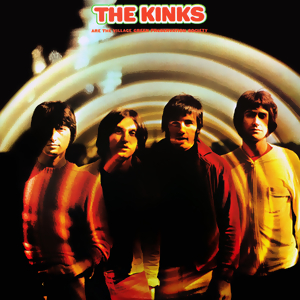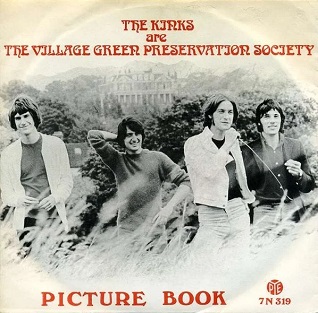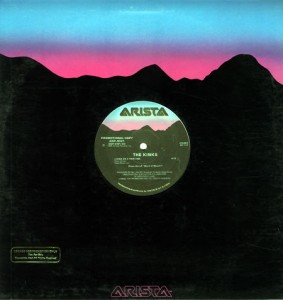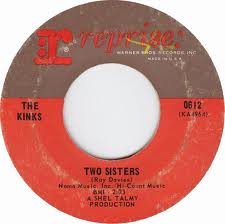A picture book is a book format that combines visual and verbal narratives.

A picture book combines visual and verbal narratives in a book format, most often aimed at young children. The images in picture books use a range of media such as oil paints, acrylics, watercolor, and pencil, among others. Two of the earliest books with something like the format picture books still retain now were Heinrich Hoffmann's Struwwelpeter from 1845 and Beatrix Potter's The Tale of Peter Rabbit from 1902. Some of the best-known picture books are Robert McCloskey's Make Way for Ducklings, Dr. Seuss' The Cat In The Hat, and Maurice Sendak's Where the Wild Things Are. The Caldecott Medal and Kate Greenaway Medal are awarded annually for illustrations in children's literature. From the mid-1960s several children's literature awards include a category for picture books.
Picture Book may also refer to:
- Picture Book (TV series), a BBC TV series that first appeared in 1955
- Picture Book (Simply Red album), 1985
- "Picture Book" (song), a song by The Kinks
- Picture Book (The Kinks album), 2008
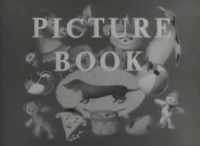
Picture Book was a BBC children's TV series created by Freda Lingstrom, first broadcast in 1955. It was the Monday programme in the Watch with Mother cycle. Initially introduced by Patricia Driscoll, the programme encouraged children to make things; Driscoll's catch phrase was "Do you think you could do this? – I am sure you could if you tried". She left the programme in 1957 to play the part of Maid Marian in the ITV series The Adventures of Robin Hood. Patricia Driscoll's episodes were repeated until 1963 and was replaced by a new series of episodes with Vera McKechnie. The programme ran until December 1965 and replaced in the Monday slot by Camberwick Green in January 1966.
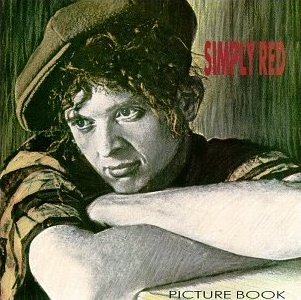
Picture Book is the debut album by British pop group Simply Red, released in October 1985. It contains the U.S. #1 single "Holding Back the Years", the band's most successful single, and a cover of The Valentine Brothers' "Money's Too Tight ". Three other singles were released from the album: "Come to My Aid", "Jericho", and "Open Up the Red Box".
"Picture Book" is the third track from The Kinks' album The Kinks Are the Village Green Preservation Society. Written by Ray Davies, the song looks back at pictures in a picture book. The song also saw a single release as the B-side to "Starstruck" in multiple countries.
| This disambiguation page lists articles associated with the title Picture Book. If an internal link led you here, you may wish to change the link to point directly to the intended article. |
